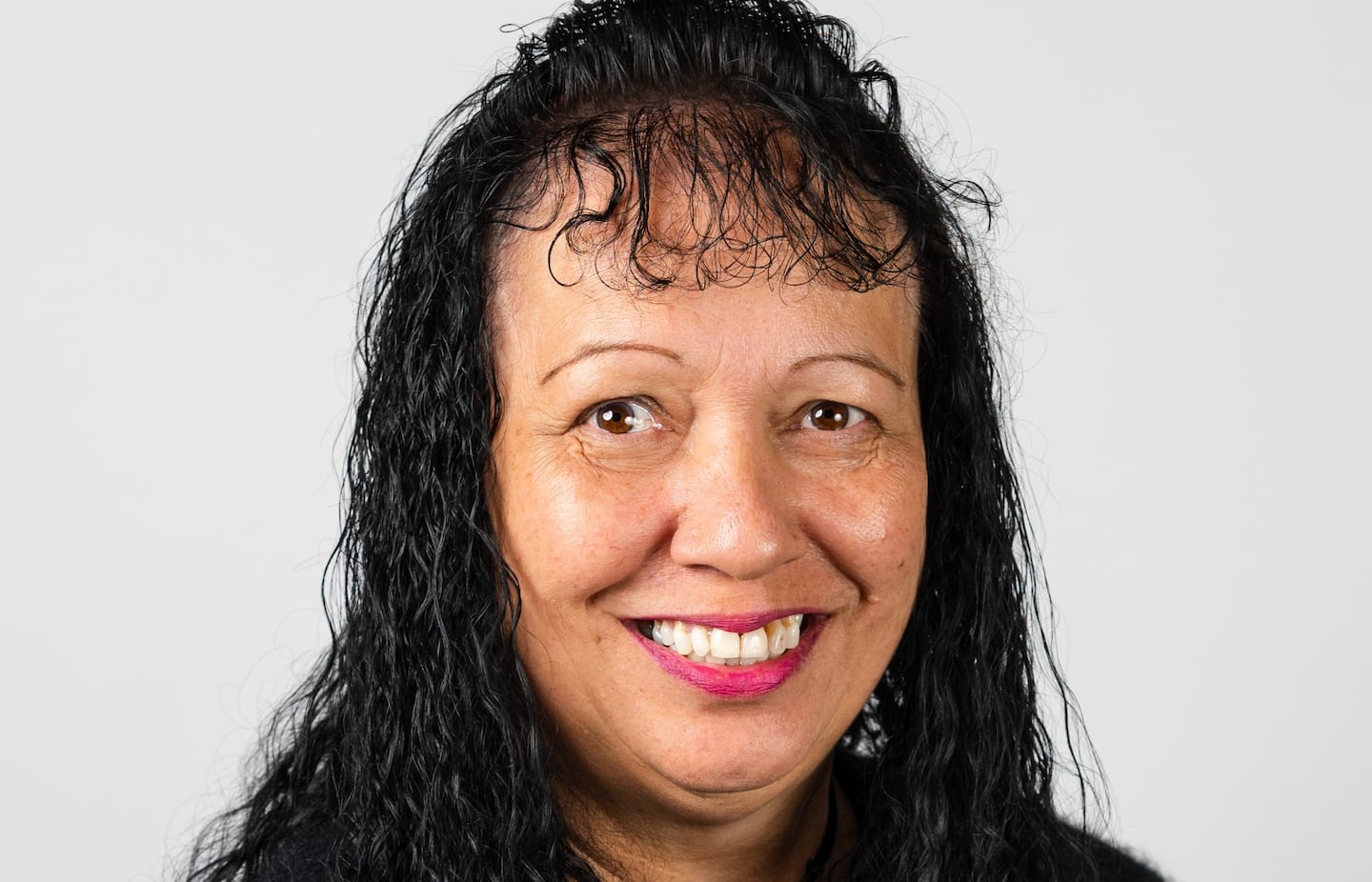Not being able to vote when it mattered most has prompted an Invercargill mana whenua representative to stand for council.
Pania Coote has represented Te Rūnanga o Awarua at Invercargill City Council since 2021 when two mana whenua roles were introduced.
The appointees were given voting rights at committee level but not full council.
Coote said she had gained an in-depth knowledge about council operations, but the voting restriction had shown the “limits of symbolic inclusion”.
“Literally I could participate on the sub committees and contribute greatly, but when it came to the final decision at the council table, unfortunately, I didn’t have the vote.“
Representation must be more than just a presence and must have influence, so that’s why I’m standing for council.”
Coote said her commitment was driven by responsible leadership, efficient governance and tangible progress on issues which mattered most to the community.
Council needed to be driven by energy, vision and practical-type leadership, she said.
Voters don’t select mana whenua representatives at local body elections, but rather they are put forward by their respective rūnanga.
In response to questions, council manager governance and legal Michael Morris explained the Local Government Act meant only elected members could vote at full council.
Including mana whenua roles on committees was a decision made at the start of each term by way of a vote, he said.
“This is usually put to council at the inaugural meeting, so I’d expect this to happen at the beginning of November after the October election.”
How much the representatives were paid was also determined by the incoming council.
Nominations for October’s local elections closed at midday on Friday.
LDR is local body journalism co-funded by RNZ and NZ On Air



